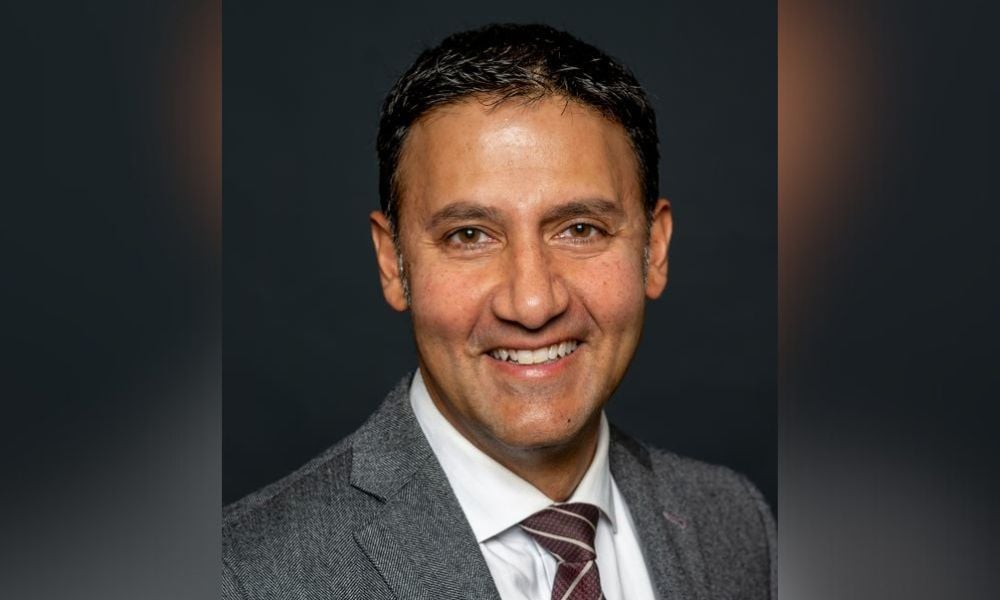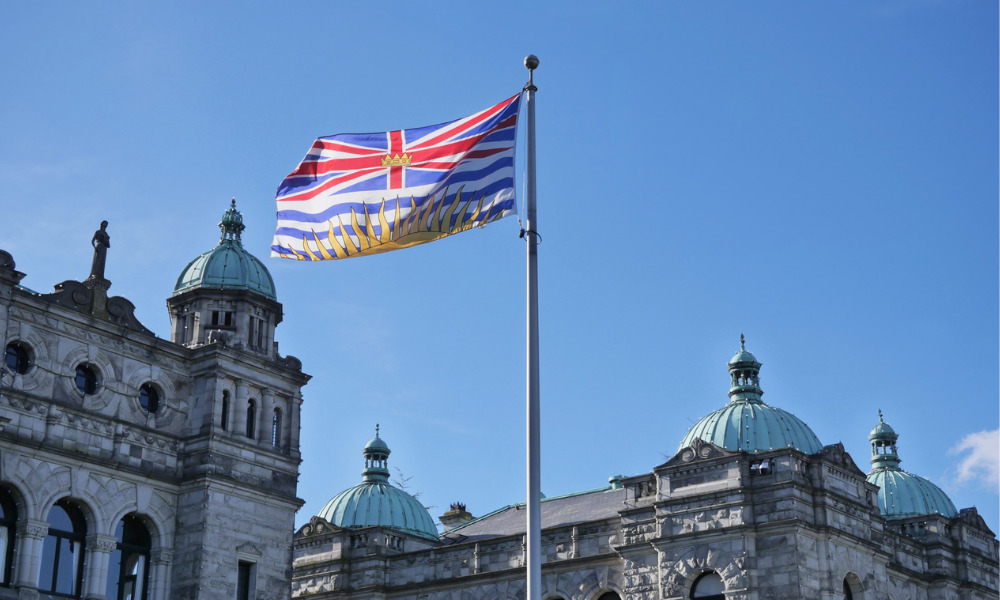The changes are part of a broader initiative to address systemic issues within the police

The Government of British Columbia has announced changes to the Police Act, which are part of a broader initiative to address systemic issues within the policing and public safety sectors across the province, especially concerning the experiences of Black, Indigenous, and other minority communities.
Mike Farnworth, Minister of Public Safety and Solicitor General, highlighted the necessity of the reforms, stating, "We count on our police to respond in difficult situations to keep us safe. There are ongoing conversations on how to change policing to keep pace with a changing world, particularly for many Black, Indigenous and other people of minority communities who have had negative experiences with the police."
The new legislation addresses several key areas, including municipal police governance, oversight, and superintendence. These changes stem from recommendations made by the 2022 Special Committee on Reforming the Police Act and the 2019 Special Committee to Review the Police Complaint Process. Additionally, the legislation incorporates changes requested by the Office of the Police Complaint Commissioner.
Under the revised governance rules, local governments will now have the authority to appoint their representatives to their police boards. Moreover, members of the police board will be able to elect their chair and vice-chair, shifting away from the current model where the mayor automatically assumes these roles.
The reforms also strengthened the oversight capabilities of municipal police. The police complaint commissioner will now be able to initiate public hearings earlier in misconduct investigations and have the authority to conduct systemic reviews and investigations to understand the underlying causes of police complaints.
The province said it continues developing other policy and legislative reforms as recommended by the 2022 Special Committee, including police training, provincial governance, and Indigenous policing models. These efforts involve extensive engagement with various stakeholders, including Indigenous partners, local governments, and community-based organizations.
Ronald J. Macdonald, chief civilian director of the Independent Investigations Office (IIO) of B.C., welcomed the changes, particularly the extension of the IIO's jurisdiction to include jail guards' actions. He said, "Given the over-representation of Indigenous and other equity-owed groups in the justice system, this change, in addition to continued work in partnerships with community leadership, will help to contribute to improved treatment and outcomes for all equity-owed groups in B.C.”
Patrick Johnstone, mayor of New Westminster and chair of the New Westminster Police Board, added, “I have appreciated the comprehensive consultation with local government and police board leadership through the roundtable model, and the recognition that not only is policing changing, but that public expectations about police oversight are changing as well. These measures are moving us is a good direction.”










